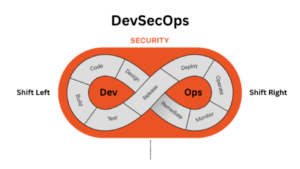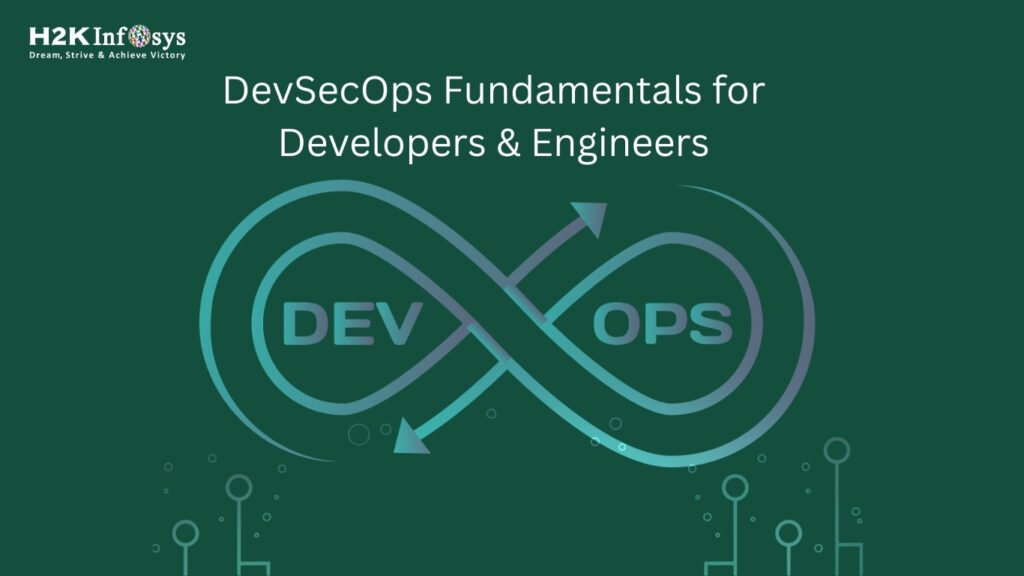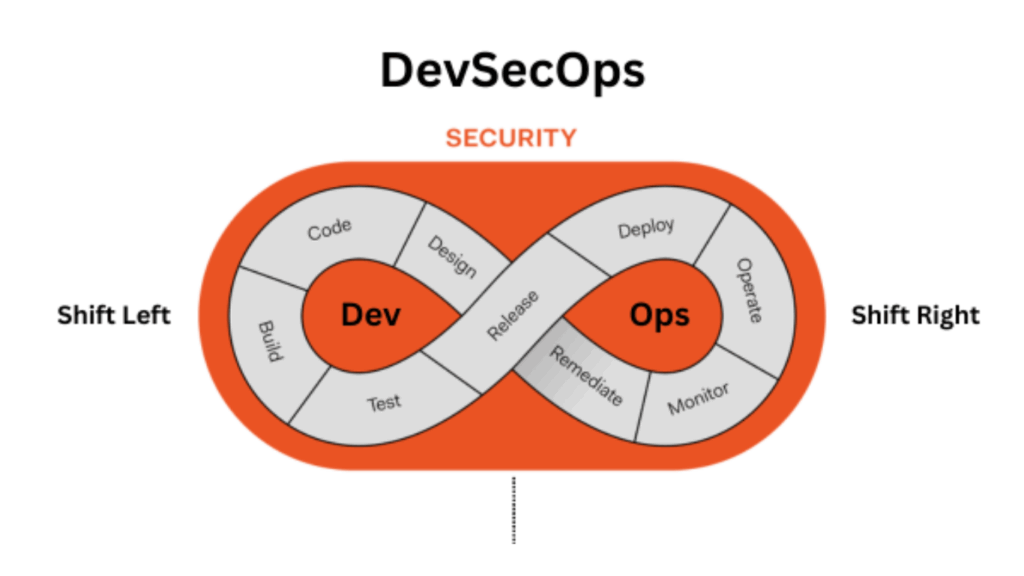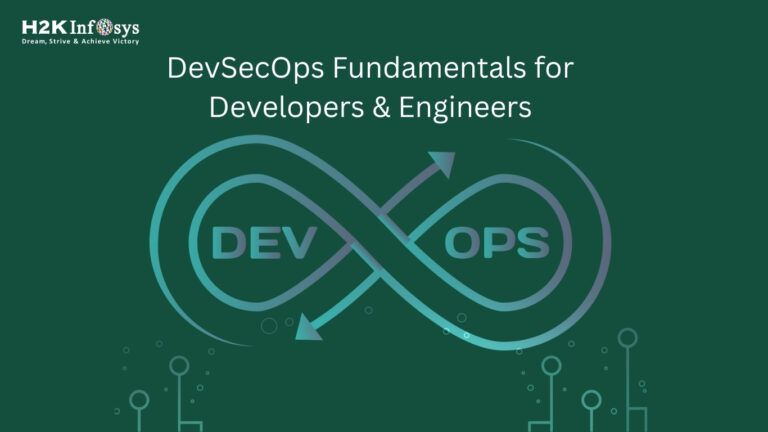Big Data is a type of database that is more advanced and unique than a standard database. Structured data may be processed and stored effectively with standard relational databases. The data is stored in a database and accessed and retrieved using structured query language (SQL). Unstructured and semi-structured data are both included in big data. One particular kind of database is the NoSQL database. Big Data can be processed and stored using a variety of NoSQL databases and technologies. NoSQL databases are designed to be used with huge data, including text, photos, logos, and other data formats like JSON and XML, for data analytics. Big data aids in the creation of intelligent applications driven by data. Check out our online Big data training to learn about Big Data.
What is a Database (DB)?
A Database is a well-curated set of data that has been structured. It is a collection of related and relevant information. DB uses electronic means to store and retrieve data. A database is typically stored as a file or collection of files on secondary storage devices like magnetic disks, tapes, optical disks, or other comparable storage media. It is a data structure used to hold structured data. They are administered in order to make data storage, retrieval, change, and deletion easier. It enables the processing of different data processing functions. Databases support information control and archiving. Information administration is simplified by databases. The database can be worked on by any database developer who knows a certain set of syntax.
What is Big Data?
Big Data is changing the world and way of life at a never-before-seen pace. It is the new science of using highly connected data to analyse and forecast both human and machine behaviour. It alludes to the rapid expansion of organised, semi-structured, and unstructured data volumes. In 2018, it is projected to produce 50,000 gigabytes of data every second. The rapid growth of data has made efficient processing and storing necessary. Big Data originates from many sources and can take many different forms. Big Data can be thought of as “all data.” It can be defined as data management problems that traditional databases are unable to address because of the growing amount, velocity, and variety of data. Sensors, gadgets, networks, audio and video, log files, transactional applications, web, and social media – much of it is generated in real-time and on a large scale.
Can Big Data Replace Database?
A database is a collection of data that is related. Relational Database Management Systems and Non-Relational Database Management Systems are the two types of databases. Another name for non-relational databases is No SQL. Different databases are used to store different types of data. Relational databases are used to store structured data. Relational databases come in various varieties, including SQL, Oracle, SQL Server, DB2, and Teradata. Non-Relational databases are used to hold unstructured or semi-structured data. Database selection is dependent on data kinds. Relational or non-relational databases can be used to store and process big data if they have the capacity to store and handle enormous volumes of data. No, databases won’t be replaced by it. In one way or another, humans will be processing and storing Big Data using SQL databases. Big Data and DB differ greatly in this sense.
Difference Between Big Data and Database
The following highlights the differences between database and big data:
- Data sets that are larger or of a different sort than what can be stored in conventional relational databases are referred to as “big data.” Conventional databases are unable to efficiently handle and analyse large amounts of data because of their low latency. In contrast, databases consist of arranged data that is simple to access, manage, capture, and update.
- The term “Big Data” describes projects and technologies that deal with data that is too large, varied, or changing quickly for infrastructure, traditional technologies, or expertise to handle well. In contrast, within certain restrictions, the database management system (DBMS) retrieves data from the database in answer to queries.
- While a database can be defined by a schema, data can take any form.
- In contrast to databases like SQL data, which make data processing and storage simple, big data is difficult to store.
Why is Big Data so Popular?
It’s popularity can be attributed to the following characteristics:
- Volume: Probably the most well-known aspect of large data is its volume. Roughly 90% of the data in use today was created in the last few years. Big Data is influenced by volume in a big way.
- Variety: Data in all formats, including the management of structured, semi-structured, and unstructured data, must be taken into account while discussing big data. Whether it’s a PDF, picture, website click, image, or video, we record all kinds of data. It is difficult to store and analyse these mixed data types.
- Velocity: The rate at which data is created, clicked, updated, produced, and accessed is referred to as velocity. Every day, Facebook produces 500 Tb of data. 400 hours of footage are uploaded to YouTube every minute. Every day, billions of searches are translated by Google.
- Variability: Occasionally, the data’s irregularity will cause the process to lag. Because there are numerous data sources, there are numerous data dimensions.
- Veracity: This is the accuracy of your data. How relevant is your data to the analysis that is based on it, and how accurate is it?
Conclusion
You can save time and find the fastest route with Google Maps. What you desire to buy is known to Amazon. Netflix suggests a selection of movies that it thinks you will enjoy. Imagine what it will be able to accomplish tomorrow if it can already do all of this. Analytics technology will only grow advanced and the amount of data available will only rise. It will be the answer to an advanced and intelligent life. Because you can experience health issues sooner, you might receive a notification on your smartphone about a prescription for some medication. It will alter a person’s perspective on life. In conclusion, a Big Data processing, storing, and analysis tool such as SQL or NoSQL is a Database. To learn more about Big Data, check out our Big data free courses online.





























